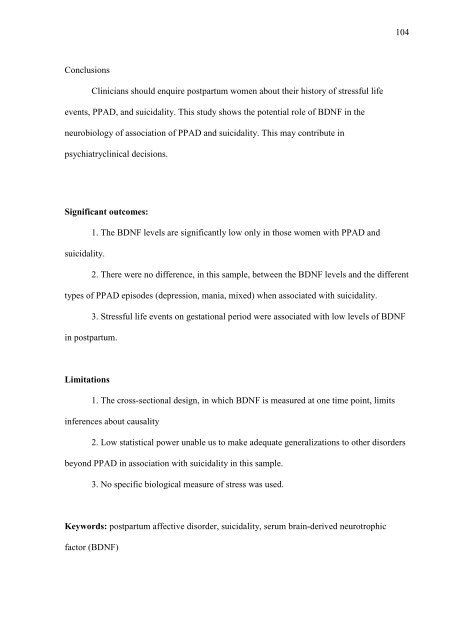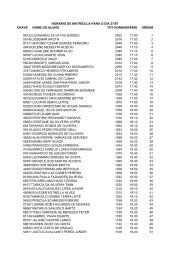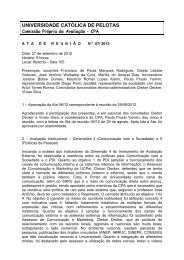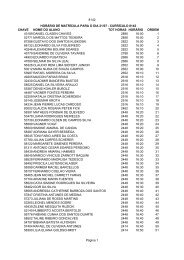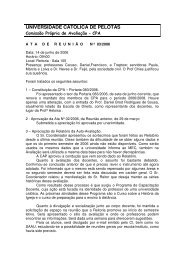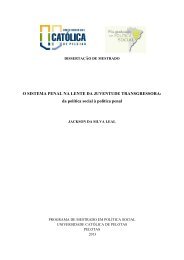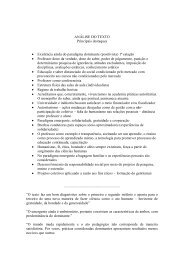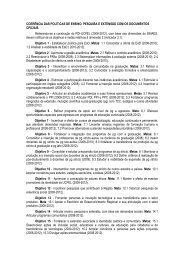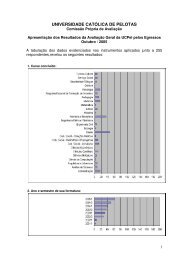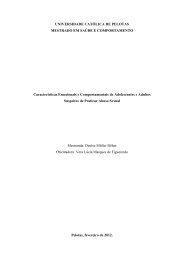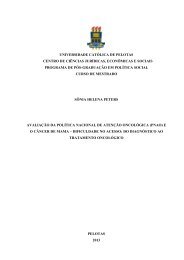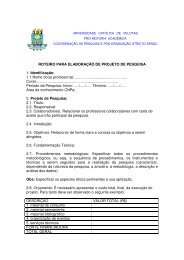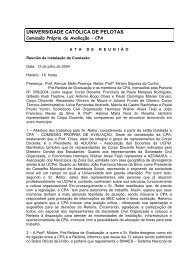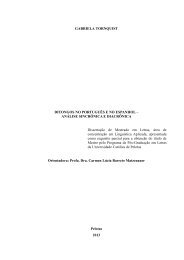Karen Amaral Tavares Pinheiro - Universidade Católica de Pelotas
Karen Amaral Tavares Pinheiro - Universidade Católica de Pelotas
Karen Amaral Tavares Pinheiro - Universidade Católica de Pelotas
Create successful ePaper yourself
Turn your PDF publications into a flip-book with our unique Google optimized e-Paper software.
104<br />
Conclusions<br />
Clinicians should enquire postpartum women about their history of stressful life<br />
events, PPAD, and suicidality. This study shows the potential role of BDNF in the<br />
neurobiology of association of PPAD and suicidality. This may contribute in<br />
psychiatryclinical <strong>de</strong>cisions.<br />
Significant outcomes:<br />
1. The BDNF levels are significantly low only in those women with PPAD and<br />
suicidality.<br />
2. There were no difference, in this sample, between the BDNF levels and the different<br />
types of PPAD episo<strong>de</strong>s (<strong>de</strong>pression, mania, mixed) when associated with suicidality.<br />
3. Stressful life events on gestational period were associated with low levels of BDNF<br />
in postpartum.<br />
Limitations<br />
1. The cross-sectional <strong>de</strong>sign, in which BDNF is measured at one time point, limits<br />
inferences about causality<br />
2. Low statistical power unable us to make a<strong>de</strong>quate generalizations to other disor<strong>de</strong>rs<br />
beyond PPAD in association with suicidality in this sample.<br />
3. No specific biological measure of stress was used.<br />
Keywords: postpartum affective disor<strong>de</strong>r, suicidality, serum brain-<strong>de</strong>rived neurotrophic<br />
factor (BDNF)


